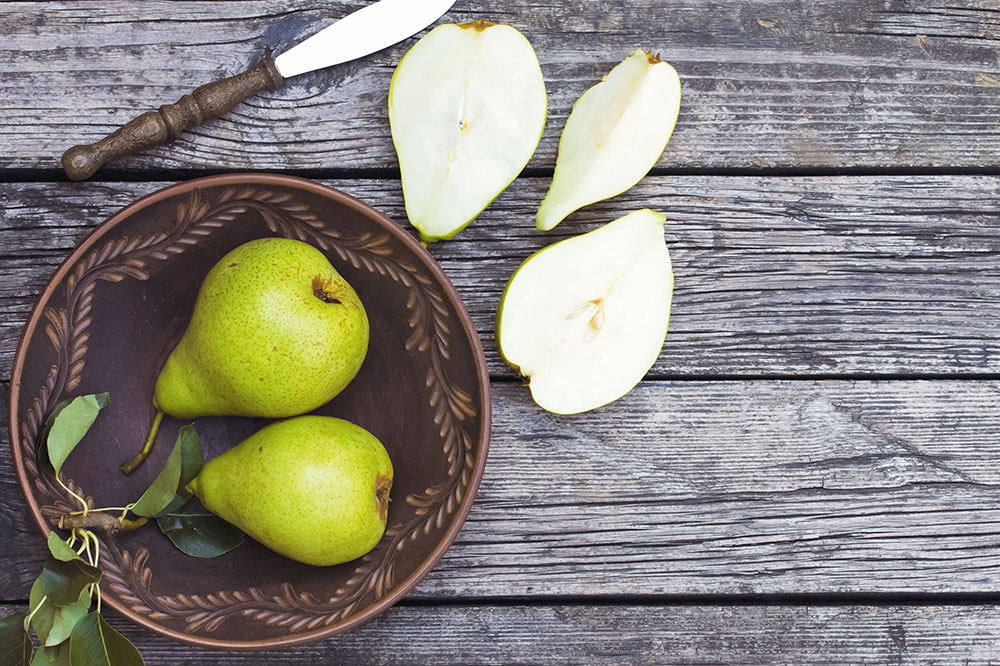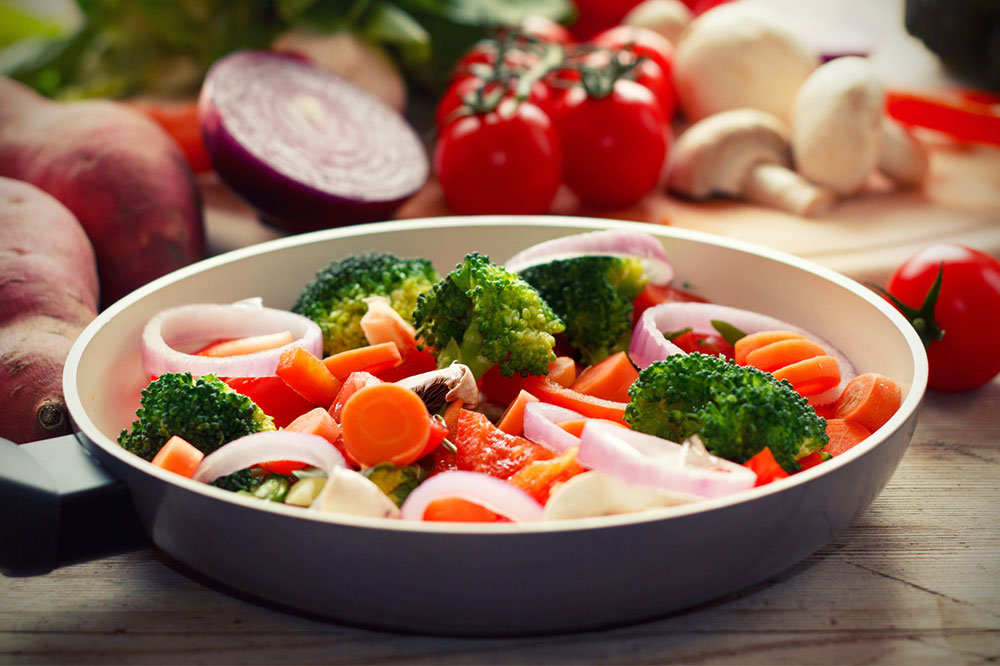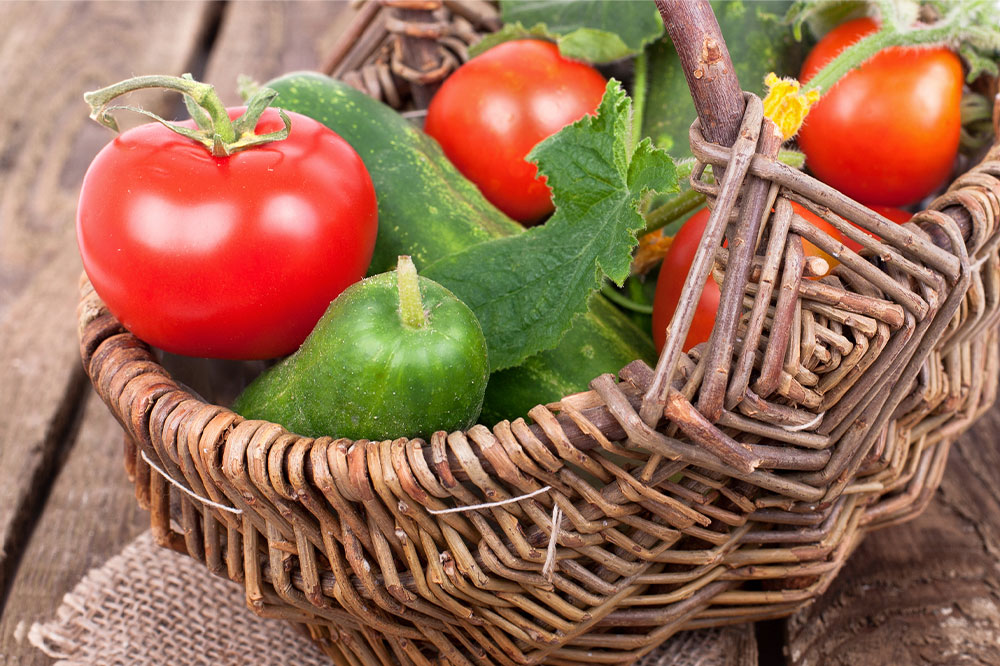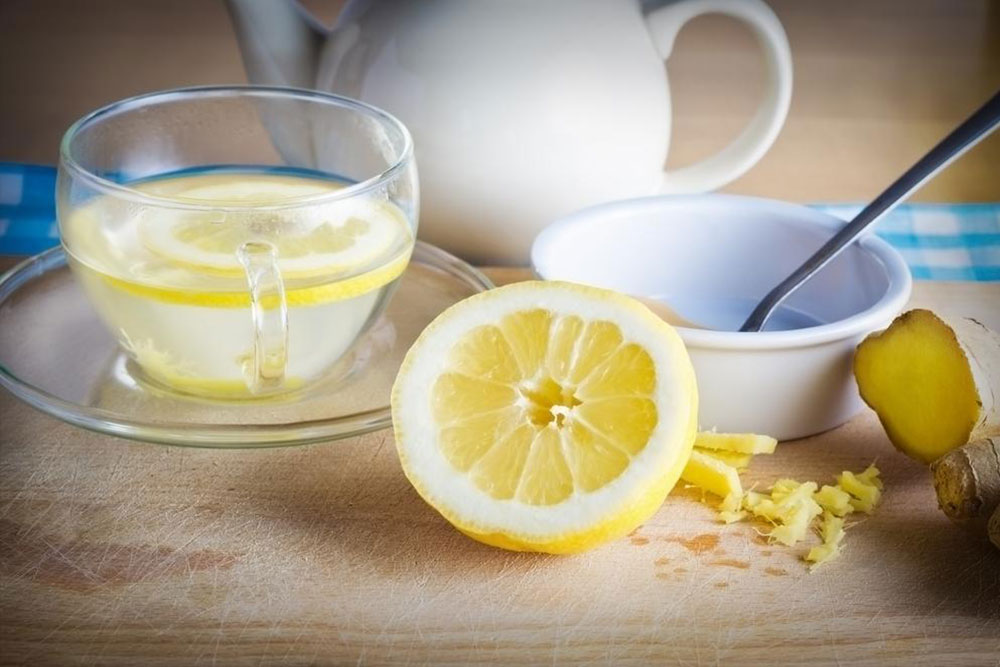Comprehensive Dietary Strategies to Improve Bladder Health and Manage Urinary Control
Discover effective dietary strategies to enhance bladder health and control urinary symptoms. This comprehensive guide covers foods to include and avoid, emphasizing fiber-rich options, lean proteins, and fruits and vegetables, while highlighting common irritants like citrus and spicy foods. Combining proper nutrition with medical treatments can help manage overactive bladder and improve quality of life. Learn how to make smarter choices for a healthier urinary system and regain confidence in daily activities.
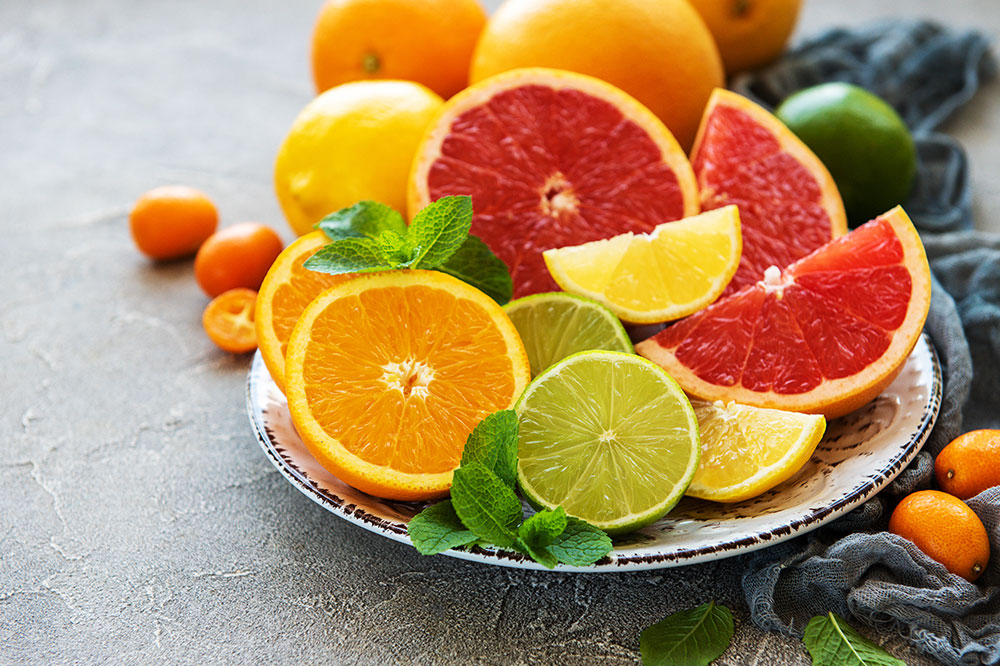
Comprehensive Dietary Strategies to Improve Bladder Health and Manage Urinary Control
For individuals experiencing urinary incontinence, overactive bladder, or frequent urinary urges, maintaining proper bladder health is crucial for improving quality of life. Many people do not realize that their diet plays an instrumental role in bladder function and can significantly influence symptoms. By adopting specific nutritional practices—including consuming beneficial foods and avoiding irritants—one can reduce urgency, frequency, and episodes of leakage. This article explores detailed dietary guidelines and lifestyle tips to support optimal bladder health, offering a comprehensive approach to managing urinary issues effectively.
Key Dietary Recommendations for Bladder Health:
Whole Grains and High-Fiber Foods
Incorporating whole grains such as oats, brown rice, quinoa, and barley into your daily diet can make a substantial difference in bladder health. These foods are naturally rich in dietary fiber, which plays a pivotal role in managing overactive bladder symptoms. High fiber intake not only helps in regulating bowel movements but also alleviates constipation—a common factor that exacerbates bladder problems by increasing abdominal pressure and weakening pelvic muscles. Consuming fiber-rich foods promotes digestive health, leads to better stool consistency, and reduces unnecessary strain on the bladder.
Lean Protein Sources for Urinary Support
Nutritionists recommend including lean protein options such as chicken breast, turkey, fish like salmon or cod, and plant-based proteins like beans and tofu in your diet. These proteins are essential for strengthening the muscles around the bladder and pelvic region, which can help improve urinary control. Additionally, many lean protein sources, like fish and certain plant proteins, are rich in omega-3 fatty acids and other anti-inflammatory compounds that support tissue repair and reduce inflammation within the urinary system. Integrating these proteins into meals can provide a dual benefit of promoting bladder health and sustaining overall nutritional balance.
Fruits and Vegetables for a Stronger Urinary System
A colorful variety of fruits and vegetables supplies vital vitamins, minerals, and antioxidants that help protect and repair the tissues of the urinary tract. Fruits such as apples, bananas, pears, and berries, along with vegetables like broccoli, spinach, kale, and bell peppers, are particularly beneficial. These foods not only support immunity but also contain high levels of dietary fiber, aiding in proper digestion and reducing bladder irritation caused by constipation. Furthermore, antioxidants present in these foods combat oxidative stress, which can otherwise weaken bladder tissues and contribute to urinary problems.
Foods and Beverages to Limit or Avoid for Better Bladder Control:
Citrus Fruits and Acidic Foods
While citrus fruits like oranges, lemons, limes, and tangerines are healthful in many aspects, they contain high levels of acidity that can irritate the bladder lining. For individuals with overactive bladder or urinary incontinence, these acidic fruits may trigger symptoms or worsen bladder discomfort. Substituting citrus with gentler options like bananas, melons, or avocados can help maintain nutritional intake without causing irritation.
Limit Carbonated and Sugary Beverages
Sodas, fizzy drinks, and other carbonated beverages are often loaded with added sugars, artificial sweeteners, and chemical additives which can inflame the digestive system and irritate the bladder. Caffeine-containing drinks like coffee, tea, and caffeinated sodas are diuretics that can lead to dehydration and concentration of urine, increasing bladder irritation and urgency. Opting for water, herbal teas, or non-caffeinated drinks is a better choice for bladder health.
Spicy Foods and Peppers
Capsaicin, the compound responsible for the heat in peppers and spicy seasonings, can irritate the bladder lining in sensitive individuals. Excessive consumption of spicy foods may trigger burning sensations, urgency, and leakage. To minimize symptoms, it is advisable to limit or avoid spicy meals and seasonings, favoring milder flavors and natural herbs.
Additional Strategies and Medical Interventions:
Beyond dietary modifications, medications such as MYRBETRIQ (mirabegron), Tolterodine, and Trospium are commonly prescribed by healthcare professionals to manage overactive bladder symptoms. These medications work to relax bladder muscles, increase capacity, and reduce the frequency of urges and leakage episodes. Combining medication with a balanced diet, pelvic floor exercises, and lifestyle adjustments can significantly enhance symptom control and improve overall quality of life.
In conclusion, establishing a bladder-friendly diet is an essential step toward improving urinary control and reducing discomfort. Understanding which foods promote bladder health and which ones aggravate symptoms allows individuals to make informed choices. When combined with medical guidance and lifestyle changes, nutritional strategies can empower individuals to regain confidence, reduce accidents, and enjoy a more comfortable daily life.
